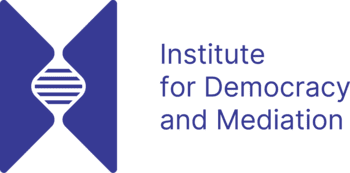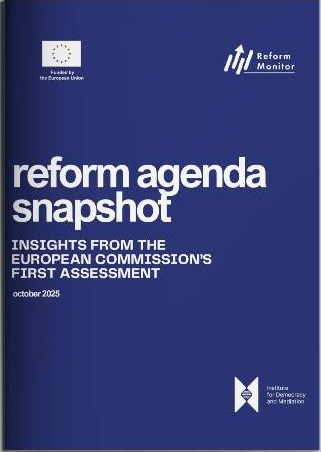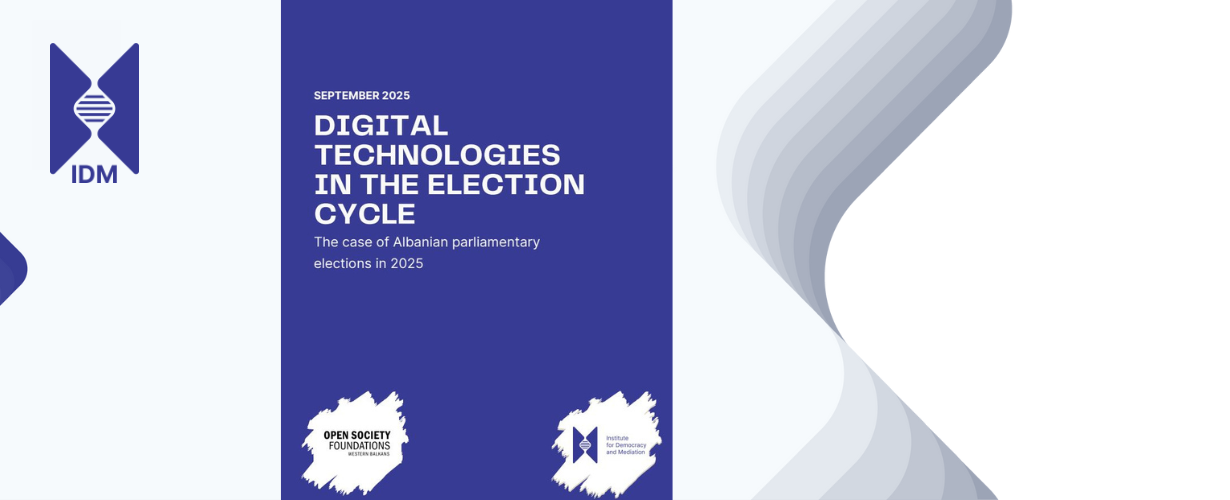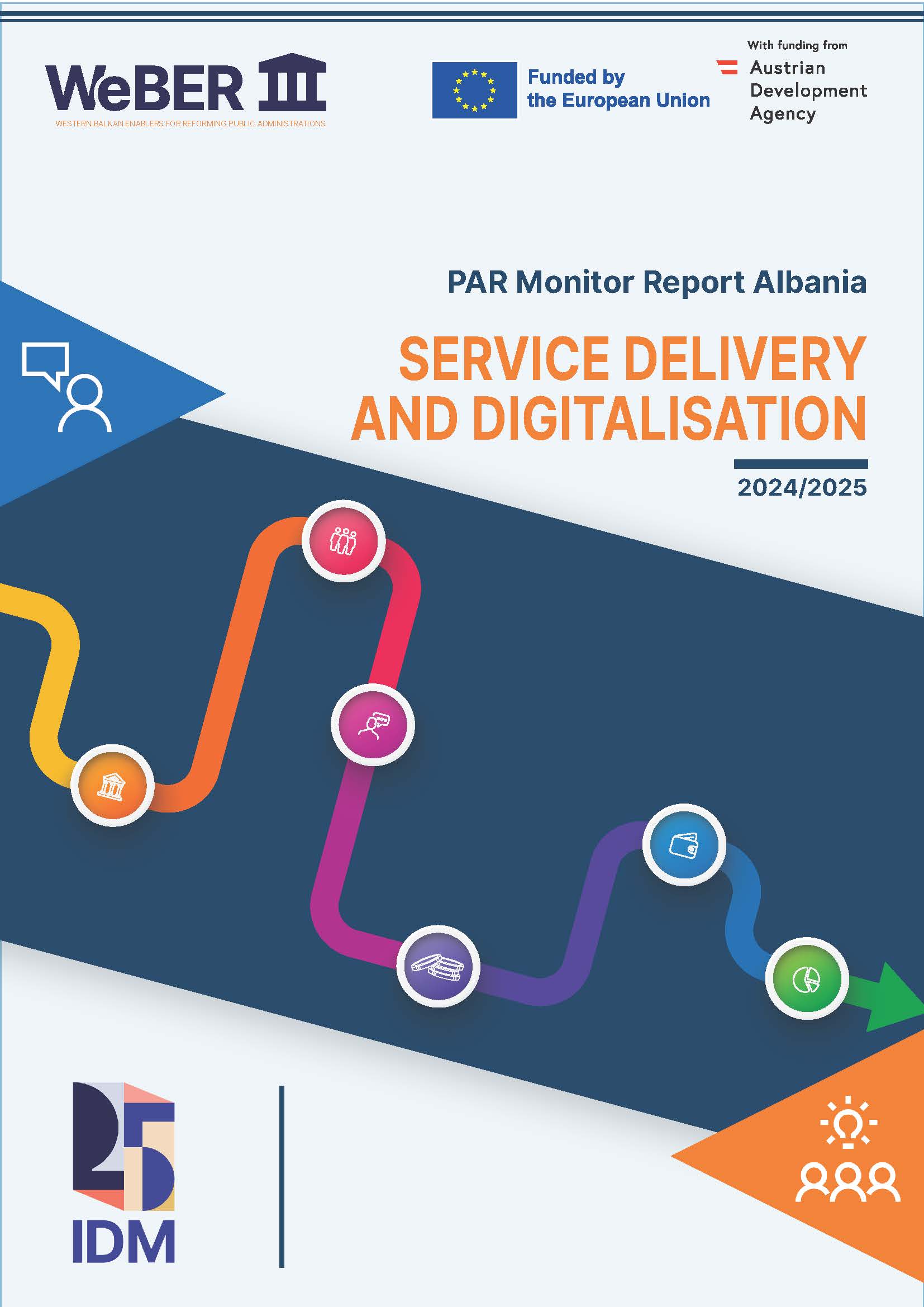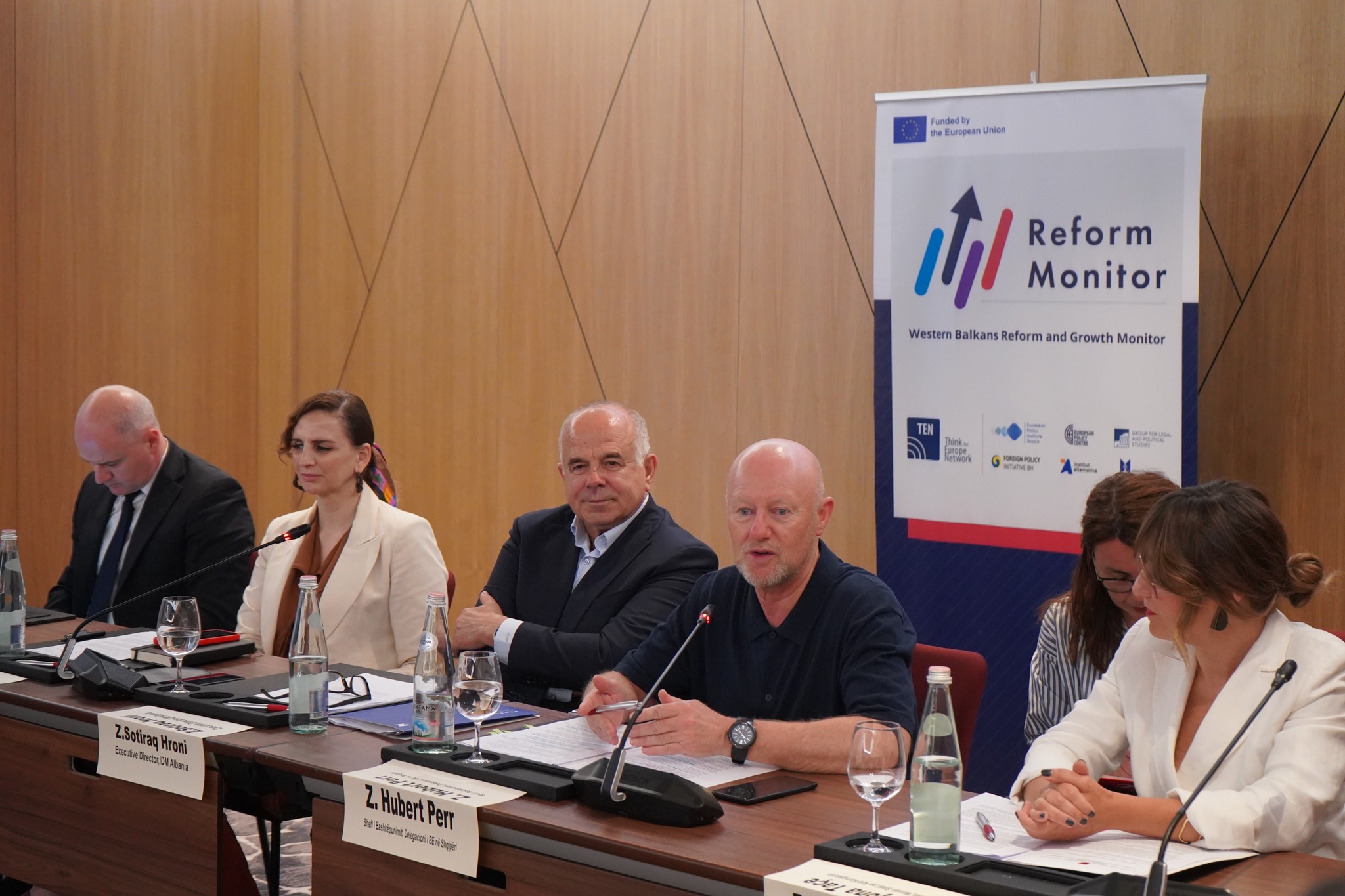The Institute for Democracy and Mediation and the Albanian Parliament with the support of the Geneva Centre for the Democratic Control of Armed Forces and of the Friedrich-Ebert-Stiftung Tirana, organized on 28 February 2014, at the Hotel Rogner the Roundtable discussion on ‘The Role of Parliament in Improving the National Security Decision Making System’ under the project: ‘Capacity building for the Albanian Parliament in the areas of security and defence’.
Background of the Event
The Constitution of Albania and the National Security Strategy provide for an important role of the parliament concerning the adoption of the security policies and the oversight of the implementation of these policies. One of the main problems in the implementation of security policies has been the ambiguous unclear division of powers and hierarchy of authorities within the executive. As a result the National Security Council established by the Constitution has been largely dysfunctional while the Committee of National Security Policies established by the National Security Strategy has lacked legal or constitutional basis to function as a replacement for the National Security Council. Although these shortcomings have been identified and discussed on previous events, the parliament has not succeed in playing any concrete role in addressing these issues, being it by amending legislation or demanding a more effective implementation. Given that theNational Security Strategy is under review, and the parliament will be asked to adopt the document in the next few months, the IDM organised a roundtable to discuss on the identified problems and to advocate for a more substantial role of the parliament in addressing them. The event brought together members of the parliament, representatives from the ministries and agencies tasked with preparation of the draft strategy and other interested stakeholders, including international representatives.
Main Issues and Challenges Addressed
The issues addressed included: (1) the week role of the parliament regarding the adoption and implementation of security policies, (2) the unclear and ambiguous legal framework that define competences of top executive officials regarding the adoption and implementation of security policies and, (3) the over politicisation of security policies.
In his comments Spartak Braho the Chairman of the Parliamentary Committee on National Security (CNS) stressed that the Parliament in Albania has been not been effective in overseeing the implementation of security policies and ultimately assess the costs and benefits of these policies. The weak role of the parliament in the area of security was endorsed by the former president Rexhep Meidani also who pointed out that the unclear legal framework and the decisions driven by narrow political interests have contributed to engendering this situation. The lack of across party cohesion and politicization of policies was highlighted also by Frank Hantke, the Resident Representative of the Friedrich-Ebert-Stiftung Tirana office. Njazi Jaho, of Albanian Helsinki Committee, stressed that parliamentary oversight of security policies is weak and over the last two decades it has been a monopoly of the political parties.
Several participants from the security institutions acknowledged that one of the major failures to date has been the poor coordination of security institutions in properly defining the risks and threats to security and in translating this into effective policies.
Main Messages and Recommendations
There discussant came up with a number of messages and recommendations. (1) The chairman of the CNS Braho called for a more active role of the parliament recognizing that the constitutional framework does not foresee any barrier. He pledged to engage the CNS to play a more substantial role of the parliament in the process of the review of the National Security Strategy. Similarly Frank Hantke urged for (2) security issues not to remain a matter of the executive branch alone and that the parliament which represents the peoples’ needs and interests should play a more substantial role. Former president Meidani called for a (3) review of the legislation that regulates the competences of the President and the Prime minister and for (4) resolving the overlap of their competences. In the concluding remarks the IDM director recommended to the parliamentarians to (5) take advantage from the studies and contributions of think tanks and to be (6) more proactive in cooperating with civil society organisations.
The event was covered by the local media, although some media reports tended to focus more on the individual comments of the contributors.
- http://www.oranews.tv/vendi/institucionet-e-sigurise-kombetare-ekspertet-kushtetuta-e-paqarte-per-kompetencat/
- http://gazeta-shqip.com/lajme/2014/03/01/strategjia-e-sigurise-e-vitit-2004-meidani-te-nderhyhet-ne-kushtetute/
- http://www.panorama.com.al/2014/03/01/meidani-presidenti-rol-ne-emerimin-e-drejtorit-te-policise/
- http://www.kohajone.com/sot-n%C3%AB-kohajon%C3%AB/item/5392-meidani-presidenti,-me-shume-kompetenca-per-sigurine-kombetare.html
- http://www.standard.al/institucionet-e-sigurise-rexhep-meidani-ndryshim-kushtetutes-si-zgjidhet-perplasja-e-kompetencave-rama-nishani/
- http://www.sot.com.al/politike/rexhep-meidani-provokon-mazhoranc%C3%ABn-propozon-q%C3%AB-policia-dhe-garda-t%C3%AB-kalojn%C3%AB-n%C3%AB-var%C3%ABsi-t%C3%AB
- http://www.gazetatema.net/web/2014/03/01/siguria-kombetaremeidanite-krijohet-xhandarmeria/
